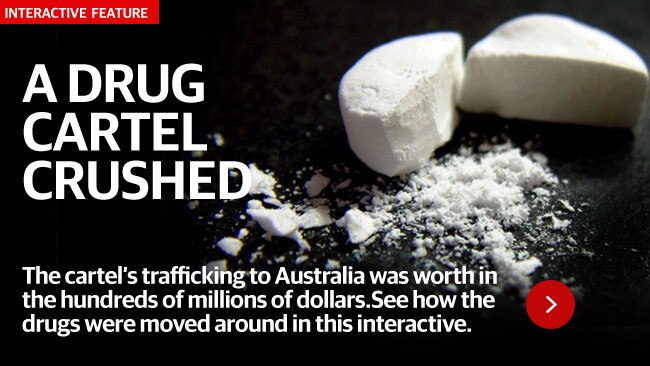Ecstasy bust: Sydney cafe was hub of major global drug cartel
IT LOOKED just like any other Sydney cafe. But this was the unlikely centre of the nation’s most significant and sophisticated ecstasy trafficking operation.
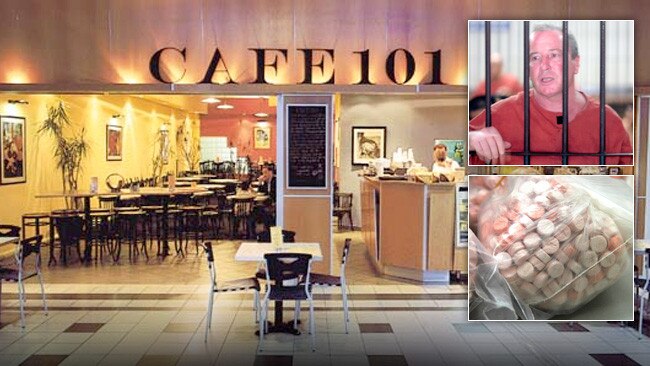
National
Don't miss out on the headlines from National. Followed categories will be added to My News.
EXCLUSIVE
TO anyone giving anything more than a slight glance, the men sitting at the outdoor table sipping their coffees each week were like any other tradies taking a break before their next job or delivery.
But from this café on the carpark rooftop above the Supa Centa Moore Park in Sydney’s eastern suburbs was run the most significant and sophisticated ecstasy trafficking operations in Australia by one of the world’s largest synthetic drugs cartels.
It was from this innocuous site, criminal gangs would collect their vans and cars stuffed with commercial quantities of ecstasy in an elaborate switch, to sell across the country.
News Corp Australia can today reveal for the first time the full extent of the international operation that was carried out in full view here and other public places for more than two decades and involved multiple tonnes of illicit drugs worth hundreds of millions of dollars by the powerful cartel.
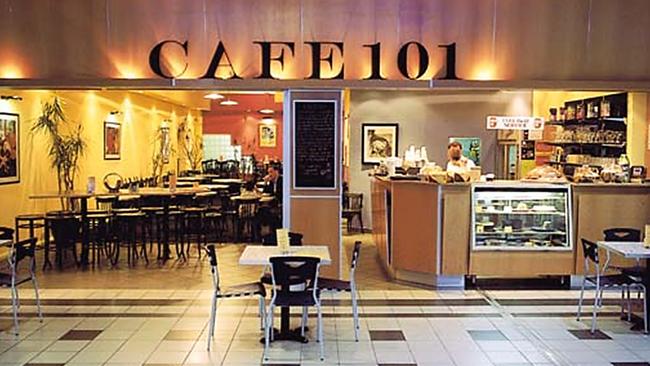
The sophistication of the operation was in its simplicity and such was its success, the cartel’s godfathers even came out to Australia to spend their spoils in lavish evenings of fine food, wine and women at Sydney’s brothels.
The role of Mark Standen, one time deputy of the embattled NSW Crime Commission who was sentenced in 2011 for his role in conspiring to import drugs and acting as the “eyes and ears” for the cartel in the southern hemisphere was significant for who he was but the principal of the Australian arm of the group was James Henry Kinch, or just Jimmy to his acquaintances and cohorts.
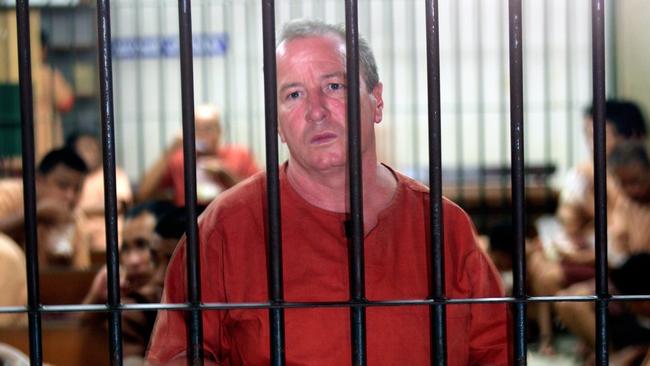
Jimmy, a dual Irish-English national, would act as banker for the group and would travel to Melbourne regularly to launder millions of dollars in cash from the operation and send it to secret bank accounts in Holland and elsewhere.
In one drop alone he had a sports bag with so much money, he could hardly carry it to the corrupt Melbourne money exchange and later also a Sydney money exchange.
Lex, one of the cartel’s trusted lieutenants was the first dispatched to Australia in 2002 and told to start up a front company called Rosa Nova, ostensibly importing grower supplies and gardening products. He was to piggyback his consignments of hollowed out pots stuffed with ecstasy, through a legitimate horticulture importer in Castle Hill; a common practice for importers to share shipping containers and costs. For each successful shipment of drugs, hidden in growing pots and PVC piping in Rosa Nova’s pallets, Lex was to get $50,000. He arrived in Australia in January to set the plan up and meet a man he was told was to only ever be known as Jimmy. It is suspected the cartel had already been shipping ecstasy to Australia in the 1990s, there was flight records evidence one of the cartel principals Peter Dekker was himself here in 1999, but the method in horticulture was new and had been a big success with dozens of shipments to the United States for a local cartel led by members of Miami’s Jewish community in that year and previous years.
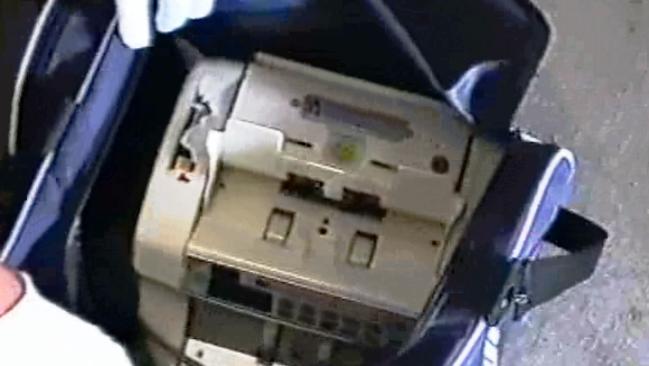
At the Intercontinental Hotel, Lex who to most had the annoying habit of wearing two expensive Rolex watches at the same time, met Jimmy and planned out the plot centred around the Castle Hill consignments to be transported onto a large shed at the then named Miller’s Self Storage facility, now Kennards, in Moore Park which the pair rented under the fake Rosa Nova company name. The cartel had for some time already rented another shed at the site and such was their stash eventually a third.
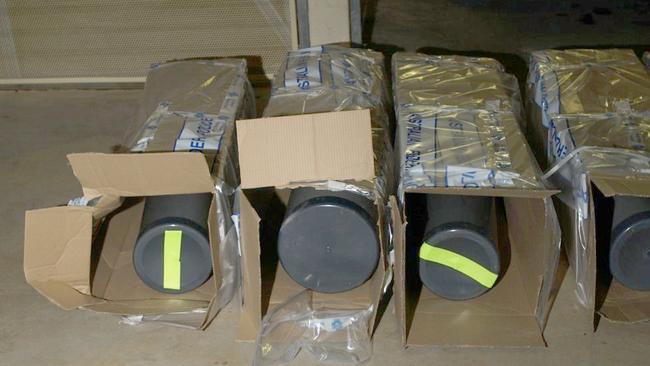
The first consignment of about six pallets arrived almost immediately after he arrived to Sydney’s docks and after clearing Customs, travelled onto firstly Castle Hill then onto the Miller’s storage shed Number 585. In among the stacks of 90cm growing tubs were PVC pipes stuff with ecstasy pills branded with a kangaroo logo, “Bacardi” and “Safe Sex”. Wholesale the cartel could sell each pill to a distributor for $12 to $14 but on the street they were worth up to $30 each. Lex and Kinch then came up with the idea of how to transfer the bags of pills to distributors for on-sale.
The distributors would rent their own cars and vans and drive them across the road to the Supa Centa. They would then park, leaving the keys in the sun visor or ashtray and wait at the upper level carpark café. A simple nod or thumbs up in the right direction of a certain café table would prompt Lex and Kinch to then take their car, drive to the storage facility, load it up, drive it back to the Supa Centa for the distributors to drive away their haul.
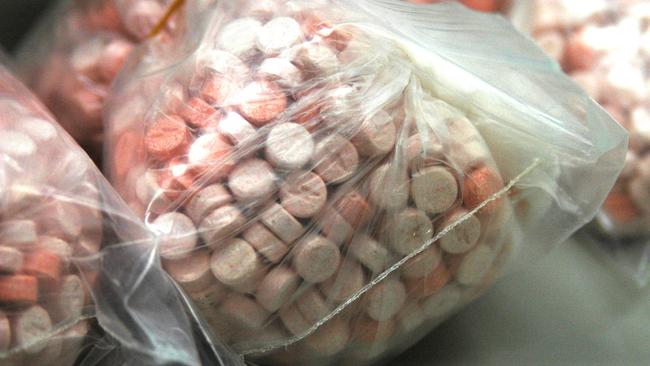
“It was easy to meet customers there and take receipt of the customer’s van, the other thing was that Supa Centa was located about 150 metres from Miller’s Storage and it was only a short drive and as it happens there were also numerous escape possibilities from that spot,” Lex explained to the syndicate’s principals back in Holland. The whole process would take about 45 minutes.
Distributors came from all over Australia, notably South Australia, Brisbane and Melbourne and even the Northern Territory. Sydney’s market was collected by largely by a Lebanese crime group, an expat British gang from the North Shore and Manly and a notorious English-born Australian criminal figure who cannot be named for legal reasons. Each distributor would collect anything up to 200,000 pills at a time.
Once the pass off had been made Kinch would go to an internet café in Coogee and using a secret account report to Holland the shipment had been made. He and his associates would then celebrate at the Bondi Hotel. A second shipment came in a few months later in August then another, then another. Such was the success, Lex and Kinch moved to Australia, the former also planned to bring his family over as he began to look at buying property. The operation would go for years the cartel had decided. But then it spectacularly collapsed after police inadvertently stumbled across a suspicious van loaded with PVC. Lex was also skimming some of the product for himself and to sell himself to a figure in Chinatown. The cartel would abandon Australia for a bit but then returned to a new method using Kinch and some new associates.

